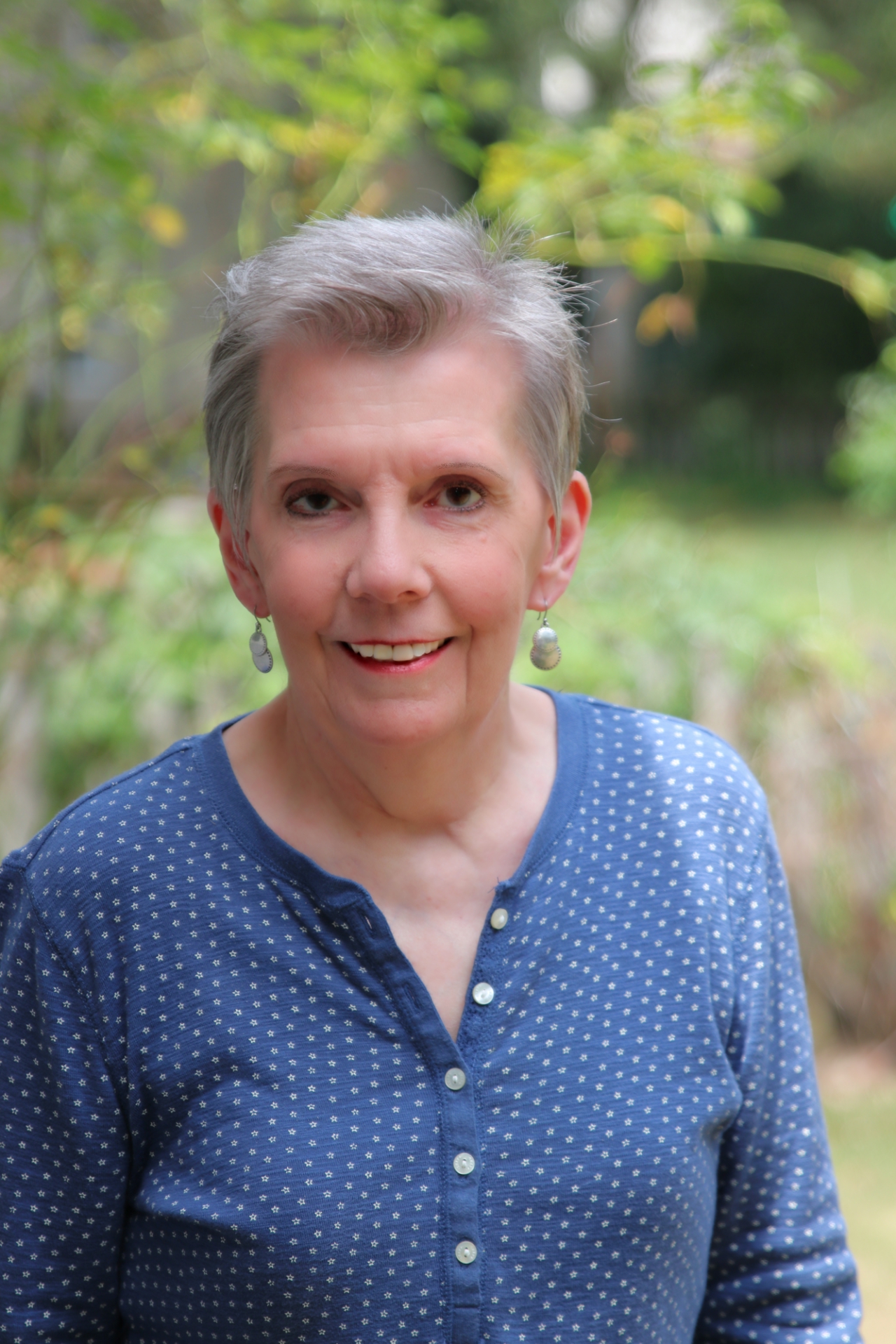In the quiet of the morning, I pondered the daily Scripture readings. As if a direct message from God’s lips to my heart, I froze in my chair. In a good way.
“Unless your faith is firm you shall not be firm!” [Isaiah 1:9]
Simple. Clear. No misunderstanding the intent here.
On the other hand, faith can seem like an illusive concept at times. What is it exactly? How do we become more faith-full to the God we say we believe in and desire to follow? What does it mean to move in faith from our heart rather than the intellect alone?
Theologians and folks far wiser than I have considered these questions at length over the millennia. At the same time, it seems that if I hope to walk and live by faith, it is helpful to keep things, well, as simple and clear possible.
Interestingly enough, the definition of faith is simple and clear in its own right. For the sake of this reflection, let’s focus on the latter half.
Faith: allegiance to duty or a person; belief and trust in and loyalty to God
[Merriam-Webster]
Do I believe in God? Yes.
Do I trust in God? Eh, yes, most of the time. So, why the hesitation? We’ll get to that in a moment.
Am I loyal to God? Yes. As best as I know how to be.
For me how deeply any of us can embrace the Isaiah Scripture hinges on the trust aspect of faith. Why?
As people of faith, trust is the glue that holds belief and loyalty together. Oh, we can try to believe without trust, or be loyal without trust, however, we will fall short of the mark. Our faith won’t be as alive and vibrant as we hope for.
The reality is, for better or worse, our wherewithal to trust God is directly associated with our life experiences with fellow human beings. Particularly those we encountered as children.
If we grew up in an unsettled, chaotic environment absent peace and the presence of loving, compassionate adults—which is not a judgment of our parents who likely had their fair share of challenges and difficulties—we learn at an early age that to trust is to attempt to walk a tightrope that may or may not hold us as we navigate from one place to the next. Trust is elusive. In fact, the message becomes, don’t trust trust.
When we grow up, those imprints linger. If “they” failed us before, it will surely happen again, we think. It’s not that we don’t want to trust. It’s that our inner, wounded child is whispering the messages to our adult self that we need to be extraordinarily cautious with what and who we trust. And while there is definitely a measure of wisdom to that approach, God invites us to a whole different perspective about our trust-relationship with him that is grounded in love, mercy, and grace.
Hopefully, we eventually realize human beings will never be able to do for us what only the Divine can do—be the God who will not reject, ignore, or set us aside when we place our faith in the Father, Son, and Holy Spirit.
Personally, I am still on the journey of learning to fully trust God. The good news is that with each choice on my part to truly believe—and trust—I gain a more meaningful understanding of how much He loves and cares for me. As earlier unpleasant experiences with other people surface, the new sense we can trust God as Father becomes the balm that leads to healing.
Do I have firm faith? What does that mean to me?
How do I feel about trusting God, in all things?
Do I need God to heal the places of my inner, wounded child?







